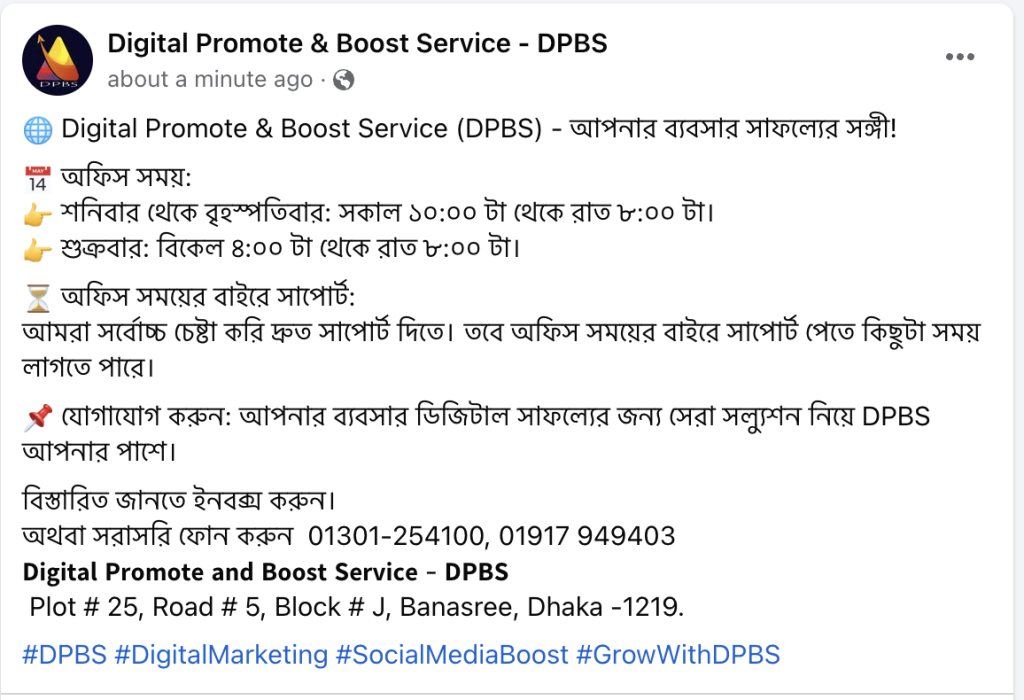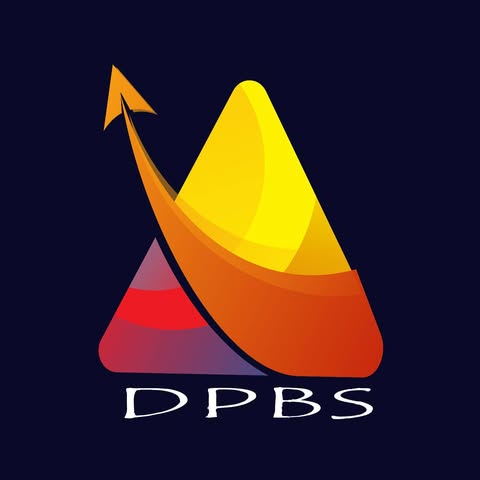Facebook Marketing: How to Leverage the Power of Social Media for Business Growth
Facebook remains one of the most powerful platforms for businesses to reach and engage with their target audience. With over 2.8 billion monthly active users globally, Facebook offers an unparalleled opportunity for businesses to promote their products or services, build brand awareness, and drive sales. Whether you’re a small local business or a large multinational corporation, Facebook marketing can play a pivotal role in your business growth.
In this article, we will explore key strategies and best practices for using Facebook marketing to maximize your business’s success.
1. Creating a Business-Friendly Facebook Page
Before diving into Facebook marketing, businesses must set up a professional and optimized Facebook Page. This serves as your brand’s digital storefront on Facebook.
- Profile and Cover Photos: Choose a profile picture that represents your brand, such as a logo, and a cover photo that aligns with your business identity or current campaigns.
- About Section: Complete the ‘About’ section with accurate and concise information about your business, including your location, website, hours of operation, and a brief description of your products or services.
- Call to Action (CTA): Use the CTA button (e.g., “Shop Now,” “Contact Us,” or “Learn More”) to guide visitors toward the desired action.
A well-optimized Facebook Page is essential for creating a professional image and making a positive first impression on potential customers.
2. Content Strategy: Engage Your Audience
Content is the backbone of any Facebook marketing campaign. The content you post should be engaging, informative, and tailored to your audience’s interests. Here are some content ideas for your Facebook Page:
- Visual Content: Posts with images, videos, and infographics perform significantly better in terms of engagement. Showcase your products in action, share customer testimonials, or post behind-the-scenes footage.
- User-Generated Content (UGC): Encourage your customers to share photos or videos using your products and tag your business. Sharing UGC fosters a sense of community and social proof.
- Educational and Informative Posts: Share helpful tips, how-to guides, or industry news that resonates with your target audience. Educational content builds trust and positions your brand as an authority in your niche.
- Polls and Surveys: Create interactive posts such as polls, quizzes, and surveys to increase engagement and gain valuable insights into your audience’s preferences.
Consistency is key to keeping your audience engaged. Make sure to post regularly and maintain a mix of content types to keep your audience interested.
3. Facebook Ads: Reach a Larger Audience
While organic posts are important, Facebook’s advertising platform allows businesses to amplify their reach and target specific audiences based on demographics, interests, behaviors, and more. Facebook Ads are one of the most effective tools to generate sales, drive traffic to your website, and build brand awareness.
- Ad Objectives: Choose the right objective for your campaign, whether it’s brand awareness, lead generation, website traffic, or conversions. Each objective has tailored features to help you achieve your goals.
- Targeting Options: Facebook’s ad targeting options are incredibly powerful. You can target users based on location, age, gender, interests, behaviors, and even life events (e.g., getting married, moving, etc.).
- Custom and Lookalike Audiences: With Custom Audiences, you can retarget people who have already interacted with your business (e.g., website visitors, app users, or email subscribers). Lookalike Audiences help you find new people who resemble your best customers.
- Ad Formats: Facebook offers various ad formats, including carousel ads, slideshow ads, video ads, and collection ads. Choose the format that best showcases your products or services.
Running Facebook Ads can help your business reach new customers and drive higher sales volumes. Optimize your ads with A/B testing to understand which variations perform best.
4. Engagement and Community Building
Facebook is more than just a platform for broadcasting messages; it’s an interactive space where businesses can build meaningful relationships with their audience.
- Respond to Comments and Messages: Engage with your followers by replying to comments, messages, and reviews. Personalized interactions help build trust and show that you value your customers.
- Facebook Groups: Consider creating or joining relevant Facebook Groups to foster a sense of community around your brand. Share valuable content, answer questions, and provide support in these groups to build your reputation.
- Facebook Live: Use Facebook Live to connect with your audience in real time. Hosting live Q&A sessions, product demonstrations, or behind-the-scenes tours creates a more personal connection with your followers.
By actively engaging with your audience, you foster loyalty and increase the chances of repeat business.
5. Measure and Analyze Performance
The success of your Facebook marketing efforts depends on constant measurement and analysis. Facebook provides a range of tools to track the performance of your organic and paid campaigns.
- Facebook Insights: Use Facebook Insights to track the performance of your posts and understand which content resonates with your audience. Monitor key metrics such as reach, engagement, likes, comments, and shares.
- Ad Manager: If you’re running Facebook Ads, the Facebook Ads Manager provides in-depth analytics, including impressions, clicks, conversion rates, and return on ad spend (ROAS). Use these metrics to optimize your campaigns and improve ROI.
- A/B Testing: Regularly test different ad creatives, headlines, and targeting options to see which variations perform best. This helps improve the efficiency of your campaigns and ensures you’re maximizing your ad budget.
By continually measuring and analyzing your efforts, you can optimize your strategy for better results.
6. Retargeting and Remarketing
Retargeting is a powerful strategy that allows businesses to re-engage users who have previously interacted with their website or Facebook Page but did not convert. Facebook’s pixel (a small piece of code placed on your website) tracks visitors and allows you to show them targeted ads later, encouraging them to return and complete their purchase.
- Dynamic Product Ads: If you run an e-commerce store, dynamic product ads allow you to automatically show users the specific products they’ve viewed or added to their cart but haven’t purchased yet.
- Cart Abandonment Ads: Retarget users who abandon their shopping cart with special offers or reminders, nudging them to complete their purchase.
Retargeting campaigns have a higher conversion rate because they target users who have already shown interest in your brand.
7. Facebook Marketplace: Local Sales Opportunities
Facebook Marketplace is a great platform for businesses to reach local customers. You can list products for sale directly on Facebook Marketplace, making it easy for people nearby to discover and purchase from your business.
- Local Advertising: When you post products on Facebook Marketplace, they are shown to users in your geographic area, which increases the likelihood of local sales.
- Marketplace Ads: You can also promote your Marketplace listings with Facebook Ads to reach a broader audience beyond your local area.
If you run a local business, Facebook Marketplace is an excellent way to reach nearby customers and drive foot traffic to your store.
Facebook marketing is an incredibly effective way to grow your business, build brand awareness, and drive sales. By creating a strong Facebook Page, developing a content strategy, running targeted ads, engaging with your audience, and measuring performance, businesses can effectively leverage the platform’s vast user base to achieve their marketing goals. Whether you’re looking to generate leads, increase traffic, or foster community engagement, Facebook offers the tools and opportunities to help your business succeed in the digital age.



